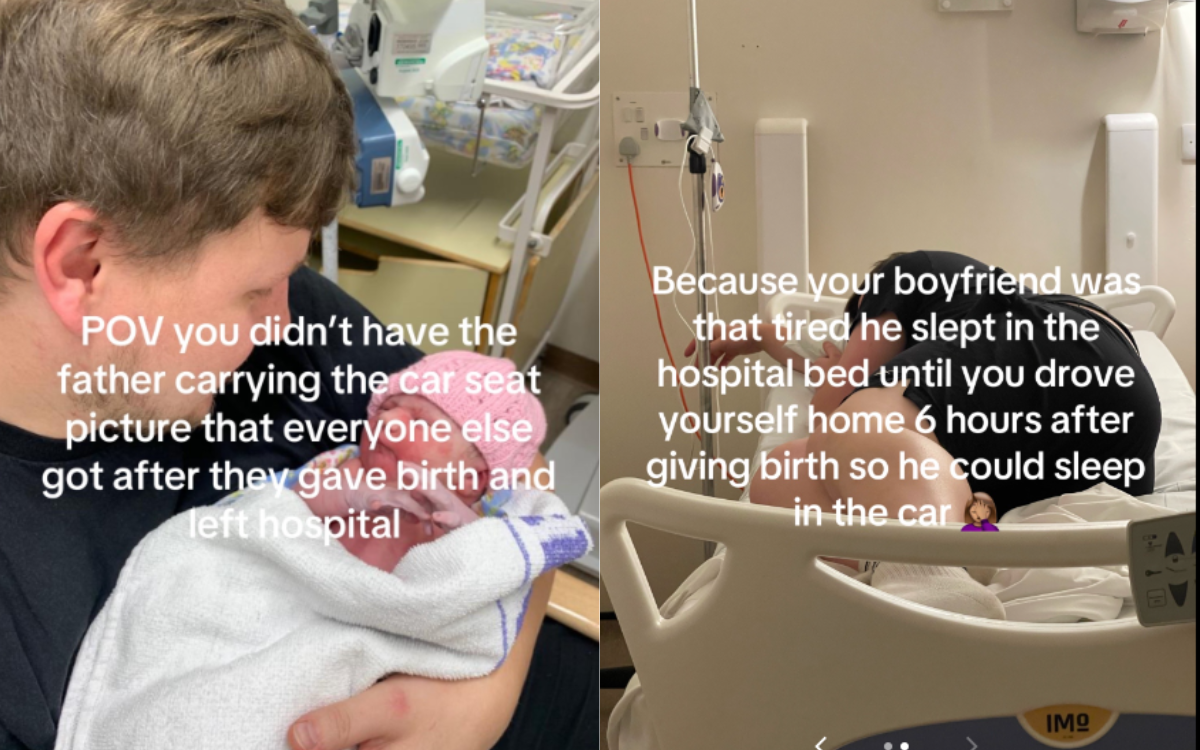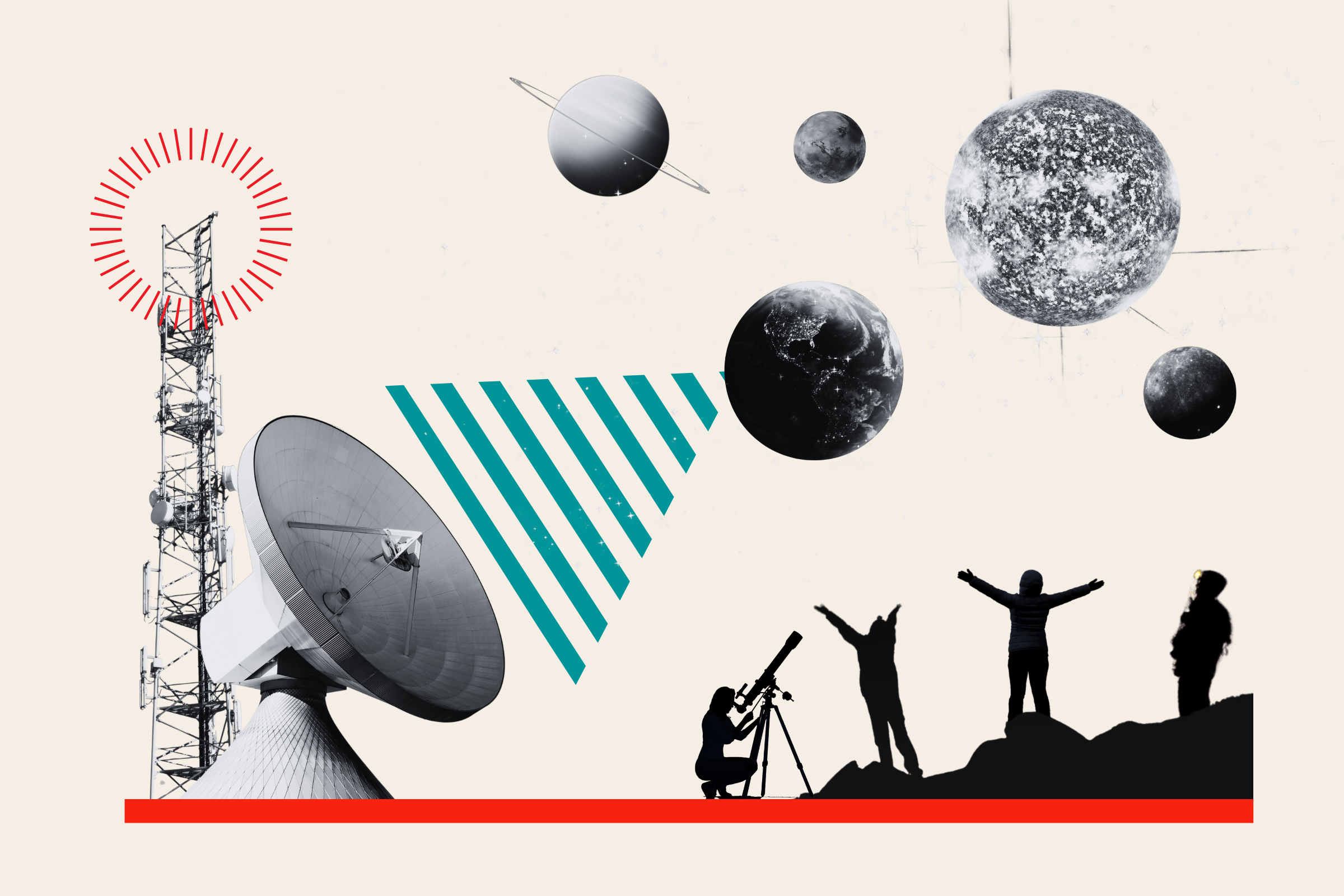Republicans are more willing than Democrats to spread fake news—particularly during times of greater "political polarization," or competition between the parties—because they want to win more.
That is the conclusion of a study, published in the Journal of Marketing, by marketing researchers Xiajing Zhu and Connie Pechmann, a professor at the University of California, Irvine. Zhu is a Ph.D. candidate in marketing at the university.
They found that Republicans respond to political competition more aggressively, communicating information that is likely untrue, if not definitively false, to boost their side.
"Although Republicans may understand the content is very likely false, they are willing to spread it because they strongly value their party winning over the competition," Zhu said in a statement.
"Democrats do not value winning nearly as strongly. They place more value on equity and inclusion, seeing the world in a fundamentally different way than Republicans," she said.
Zhu and her colleagues came to their conclusion after a series of studies—the first two of which focused on fact-checked statements by U.S. public figures made in the news media and on social media between 2007 and 2022.
Statements were sourced via the fact-checking website PolitiFact, which allows journalists to rate each statement on a six-point scale ranging from "true or accurate" to "pants on fire."
The team's analysis indicated that at times when competition between the parties was heightened in the news, Republicans were 21 percent more likely to communicate misinformation than their Democrat counterparts were.
The difference was reduced to just 9 percent during periods of low political polarization.
To verify these findings, the team next conducted three online surveys in which participants—who identified explicitly as Democrat or Republican—were first placed in either a highly politically polarized or a low-polarization scenario.
This was achieved by presenting the subjects with real quotes from existing Democratic and Republican Senate leaders that framed the relationship between the two parties as competitive and oppositional or cooperative and bipartisan.
Next, each respondent was presented with misinformation about the other party. For example, conservative subjects were shown posts such as "A Democratic Senator is under investigation for helping Russian billionaires" and "Democratic Senators are deliberately creating the global food shortage."
Liberal participants, on the other hand, were given posts like "A Republican Senator is under investigation for helping Russian billionaires" and "Republican Senators are deliberately creating the global food shortage."
Finally, the subjects were asked, "How likely are you to make a Facebook post like these?" They were also asked if such a post would make their party stronger, better or more motivated.
The results indicated that when political polarization was high, Republicans were significantly more willing to communicate misinformation to gain an advantage over the opposition party than Democrats were.

In their final study, the researchers analyzed the speeches made by U.S. presidents of both parties between 1929 and 2023, spanning the period from the 31st president, Herbert Hoover, to the 46th, Joe Biden.
The team found that during times of political polarization (such as during election periods), Republican presidents were more likely to speak in partisan terms—using terms such as "we" and "us"—than Democrat leaders were.
"We acknowledge that the use of first-person plural (e.g., 'we') in speeches could sometimes refer to the U.S. citizenry as a whole rather than a partisan ingroup (Democrats or Republicans)," Zhu and Pechmann write in their paper.
"But the U.S. citizenry is arguably another ingroup. Thus, it appears that conservatives are motivated to attain ingroup dominance given polarization, and liberals less so, possibly regardless of the ingroup," they said.
"Republicans react to political polarization by putting out partisan misinformation," Pechmann said. "This can have a deleterious effect on the state of democratic institutions and processes."
For example, the two researchers said, following misinformation on election fraud in the 2020 presidential election, 400 restrictive voting bills were introduced in 47 state legislatures.
"Worse, 14 states passed restrictive voting bills that, for instance, shortened the mail-in voting period, eliminated election day registration and/or reduced ballot dropbox access," the researchers wrote. "These changes have decreased voter turnout and engagement, particularly among minority voters."
The researchers have some suggestions for how the harmful effects of misinformation might be combated.
Trying to dampen political polarization in the news and on social media would be an obvious approach—although an impractical one, the two say, given how polarization has marketplace benefits in boosting audience sizes, engagement and political donations.
Alternatively, they suggest, more money might be invested in fact-checking. At present, this is a service largely performed by volunteer organizations with minimal resources.
Greater support could allow fact-checkers to concentrate their efforts during periods of heightened political polarization, such as around elections.
"Media literacy education can also be used to combat misinformation," the researchers wrote in their paper.
At present, 18 states have introduced mandatory media literacy education to help students identify misinformation.
It is estimated that 84 percent of U.S. adults support the introduction of media literacy into school curricula—even though only 38 percent of said adults had received such education themselves.
"With polarization rising globally," the researchers conclude in their paper, "we hope our insights will help nations, communities and individuals better prepare for the effects on misinformation spread to preserve truth, trust and democracy."
Do you have a tip on a science story that Newsweek should be covering? Do you have a question about misinformation? Let us know via science@newsweek.com.
Reference
Zhu, X., & Pechmann, C. (2025). Political Polarization Triggers Conservatives' Misinformation Spread to Attain Ingroup Dominance. Journal of Marketing, 89(1), 39–55. https://doi.org/10.1177/00222429241264997






.png)

_(1).png)











 English (US) ·
English (US) ·